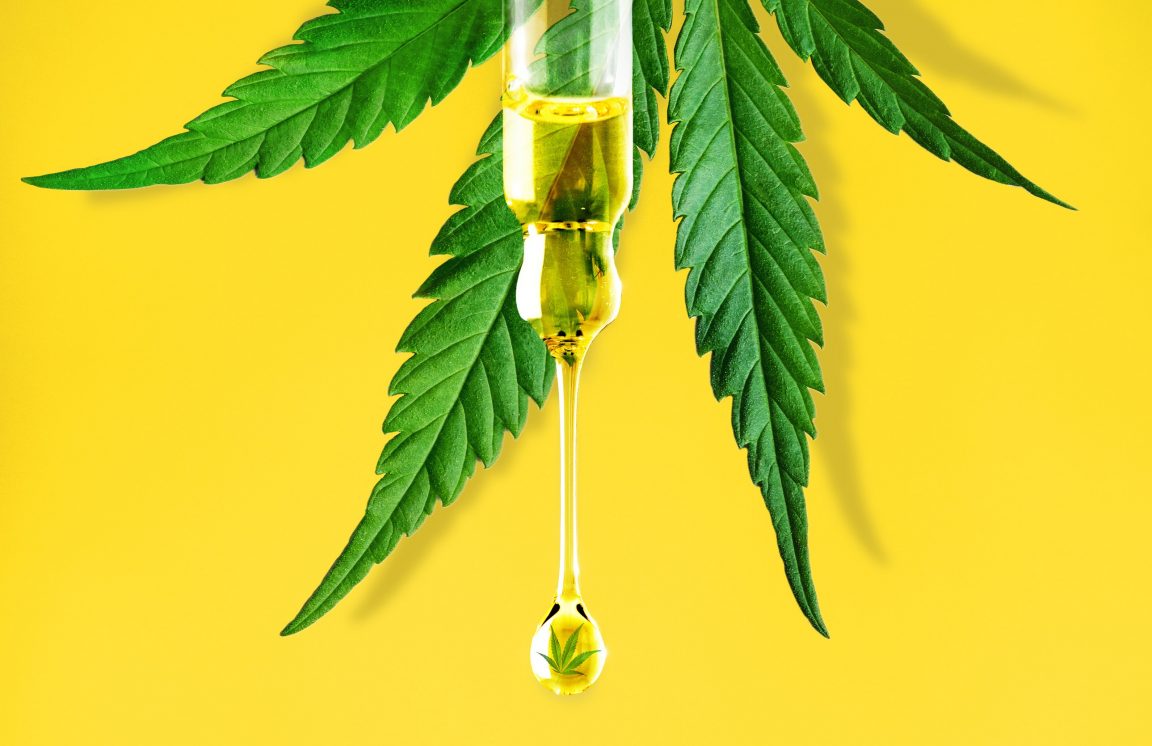How to win retail and consumer trust in the CBD market
What is CBD?
The technical term for CBD is cannabidiol, which is one of the two key compounds found in the Cannabis plant; the other is the one that makes you high, tetrahydrocannabinol (THC).
CBD is said to affect our endocannabinoid system, the system that controls cell-signalling. Which is why many brands and scientists suggest that it could help regulate and improve body functions such as sleep, pain and immune responses; perfect for a wide range of health issues.
Consumer confusion
Consumers are soaking up the benefits in every form, and for all kinds of ailments. Everything from skincare issues to depression and anxiety is on the list. However, amidst its growing popularity, there is significant confusion among consumers about whether it’s legal, what it does, and if it actually works.
Some concerns were highlighted in a study carried by Intelligence platform, Streetbees:
Over half of Brits (57%) say they are concerned about potential unknown side effects of CBD oil. Of people who were not interested in trying CBD products at all, the main reason they gave was that they were against the use of drugs in general, with 61% of this group concerned that it would lead to being addicted to cannabis.
These concerns aren’t unfounded. In a report conducted by the Centre for Medical Cannabis (CMC) in June 2019, they highlight that of lab tests carried out on high street products; 62% did not contain the amount of CBD oil stated on the packaging. One particular product retailing at £90 had no trace of CBD oil at all. Surprisingly, around half of products tested also contained low levels of THC or cannabinol (CBN) which are both psychoactive substances. Another product tested contained 3.8% ethanol, which would in regulatory terms deem it an alcoholic beverage. This wasn’t stated on the packaging.
So where are the regulators, and why aren‘t the standards and testing conditions for CBD products higher?
Rules and regulations
In light of growing concerns over the lack of strict regulations, the Food Standards Agency recently set a deadline of March 31st 2021 for CBD businesses to provide more information about CBD products and their contents. Regulation is key to protecting industry reputation and CBD brand credibility. The findings and actions taken following this deadline next year will be telling.
On hearing the news, businesses like CBD drinks brand, Cannasa, remain positive: “Brands such as Cannasa are currently working with the Cannabis Trades Association on how best to work with the FSA and keep products on the shelves. The news today still indicates a business as usual approach while we work with the relevant authorities. We expect positive movements this year to a compliant and flourishing market.” — Cannasa Co-founder, Matthew Pygott.
The increased interest in regulation further supports brands like cannabis product distributor SANA Life Science, who set themselves apart in the market by placing emphasis on product quality and supply chain transparency for both cannabis product producers and consumers.
Feel-Good Brands founding agency, Beyond, has been working with a number of clients in the CBD space. “Aside from the questions around regulation, CBD is enticing a diverse group of consumers. Our challenge is to develop a brand positioning that speaks to a burgeoning market.” — Paul Ringsell, Director, Beyond.
Watch this space...
The CBD industry still has many challenges to overcome and long-term success is dependent on trust and transparency. From policymakers to regulators and product developers to brand owners — each stakeholder has a vital role to play.
Want to read more on the CBD market and how brands can navigate the industry with purpose and credibility? Get in touch to request a copy of the full report.



